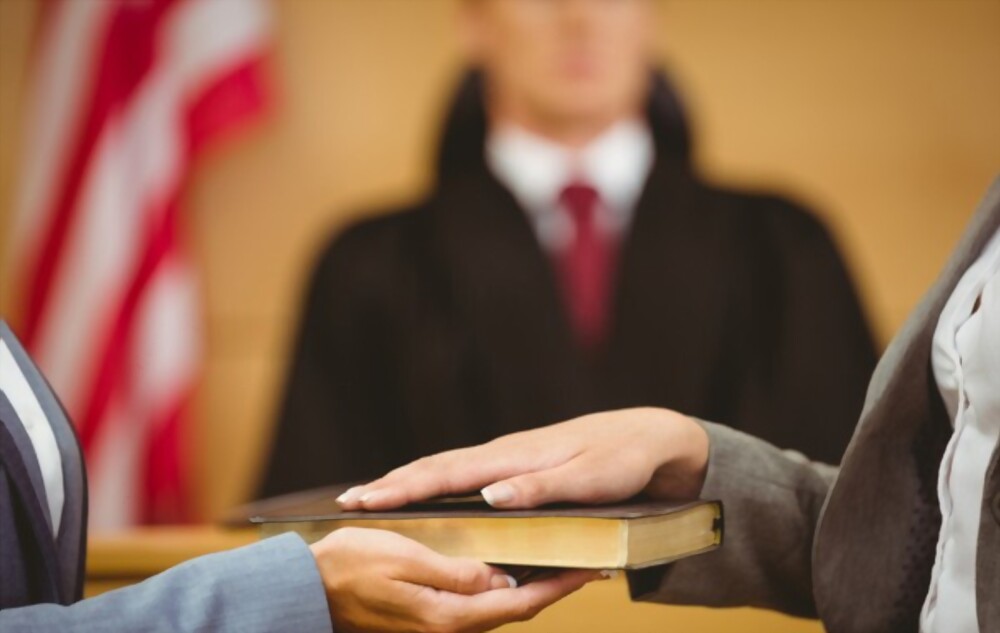Lawyers who hire experts to conduct litigation surveys know that surveys submitted in Lanham Act matters are important, and often subject to intense scrutiny from courts and opposing experts.
I regularly talk with attorneys who are considering a litigation survey. This post presents answers to the top 5 questions I am asked most frequently about hiring an expert to conduct a litigation survey.
1. Does this matter need a litigation survey?
As a good attorney often says, it depends. Trademark surveys are used by both plaintiffs and defendants to measure the attitudes and behaviors of relevant consumers, often when no other scientific evidence is available.
Intellectual Property disputes are often complicated and a survey can provide vital evidence about issues such as secondary meaning, likelihood of confusion, false and deceptive advertising, and other issues. On the other hand, they are expensive and take up resources that could be used in other directions on a litigation matter, and there is no guarantee of success.
2. Will the litigation survey be expensive?
Litigation surveys are very different from commercial marketing research. There are a variety of procedural and legal protocols that need to be followed for trademark infringement surveys, secondary meaning surveys, false advertising surveys or other types of litigation surveys.
These protocols can involve both research design and the implementation of the litigation survey. For example, a litigation matter may require that a survey is conducted using a particular research design, or may require validation of responses.
Because of the high standards to which litigation surveys are held, and the intense scrutiny they can attract, they must be conducted to certain standards. This can be expensive.
3. How long does it take to conduct a survey?
Typically a good survey can often take four to six weeks from the time an expert is retained to the production of an expert report. However, this can vary greatly; a Lanham Act survey done in less time is not necessarily less reliable, nor is a survey that takes more time necessarily more reliable.
The length of time to conduct a survey ultimately depends on factors such as the issues to be measured, the ease of finding respondents, the time to select proper controls, and the method used for collecting data. All of these factors are case specific.
4. How do I select the right expert?
It is important to select a credentialed, experienced expert able to work collaboratively with the intellectual property attorney. To provide a defensible litigation survey, the expert must have a clear understanding of the key issues involved in the litigation matter.
The expert must be able to withstand cross-examination, and explain his or her methods and procedures used in a clear and concise manner to relevant authorities.
5. How will the survey expert design a proper questionnaire?
There are a few rules that guide questionnaire design.
Questions should be clear and non-leading, and each question in a litigation survey should address a single concept. The survey questionnaire should follow, where appropriate, existing protocol and precedent. For example, there are ways that have been accepted as measures of likelihood of confusion in an infringement surveys, or of secondary meaning in a secondary meaning survey.
When measuring issues such as deceptive advertising or false advertising, the questionnaire should follow the standard formats for advertising surveys, such as starting with general questions and then moving to more specific questions.
Survey experts often find themselves following established protocols and precedents for phrasing certain questions in Lanham Act surveys, deviating from these standards only when necessary.
Every survey is subject to criticism. If you ask the right questions of your survey expert, you may increase the odds that your litigation survey will be able to withstand the challenges it will likely face.
Cheryl Jaffe
Director of Client Development
MMR Strategy Group
